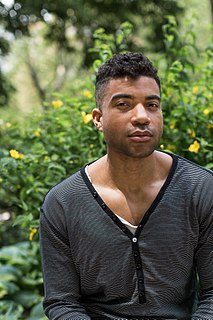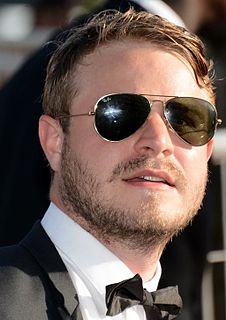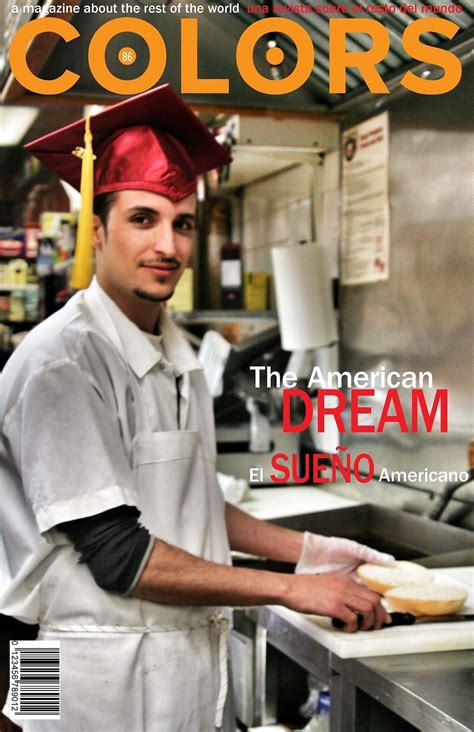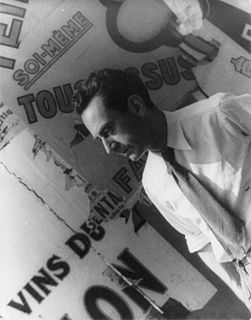A Quote by John Berger
Unlike any other visual image, a photograph is not a rendering, an imitation or an interpretation of its subject, but actually a trace of it. No painting or drawing, however naturalist, belongs to its subject in the way that a photograph does.
Related Quotes
I guess my choice of medium depends on how I want to interpret the idea. Sometimes the interpretation works best in a photograph, and then sometimes it works best in a drawing. But most often times, with the work, everything starts with the diorama with the photograph. Then I'm just filtering out ideas and images from the photograph and reinterpreting them in other mediums.
As far as the surface is concerned - oil on canvas, conventionally applied - my pictures have little to do with the original photograph. They are totally painting (whatever that may mean). On the other hand, they are so like the photograph that the thing that distinguished the photograph from all other pictures remains intact.
Photography has arrived at the point where it is capable of liberating painting from all literature, from the anecdote, and even from the subject. In any case, a certain aspect of the subject now belongs to the domain of photography. So shouldn't painters profit from their newly acquired liberty, and make use of it to do other things?
The photographer Ruth Bernhard used to tell me that this is like asking somebody how they evolved their signature. It is not something I've ever worked on consciously. I think style is just the end result of personal experience. It would be problematic for me to photograph in another style. I'm drawn to places and subject matter that have personal connections for me and I photograph in a way that seems right. Where does it all come from, who knows?
Approaching subject matter to photograph is like meeting a person and beginning a conversation. How does one know ahead of time where that will lead, what the subject matter will be, how intimate it will become, how long the potential relationship will last? Certainly, a sense of curiosity and a willingness to be patient to allow the subject matter to reveal itself are important elements in this process.
How foolish of me to believe that it would be that easy. I had confused the appearance of trees and automobiles, and people with a reality itself, and believed that a photograph of these appearances to be a photograph of it. It is a melancholy truth that I will never be able to photograph it and can only fail. I am a reflection photographing other reflections within a reflection. To photograph reality is to photograph nothing.
While we cannot describe its appearance (the equivalent), we can define its function. When a photograph functions as an Equivalent we can say that at that moment, and for that person the photograph acts as a symbol or plays the role of a metaphor for something that is beyond the subject photographed.





































